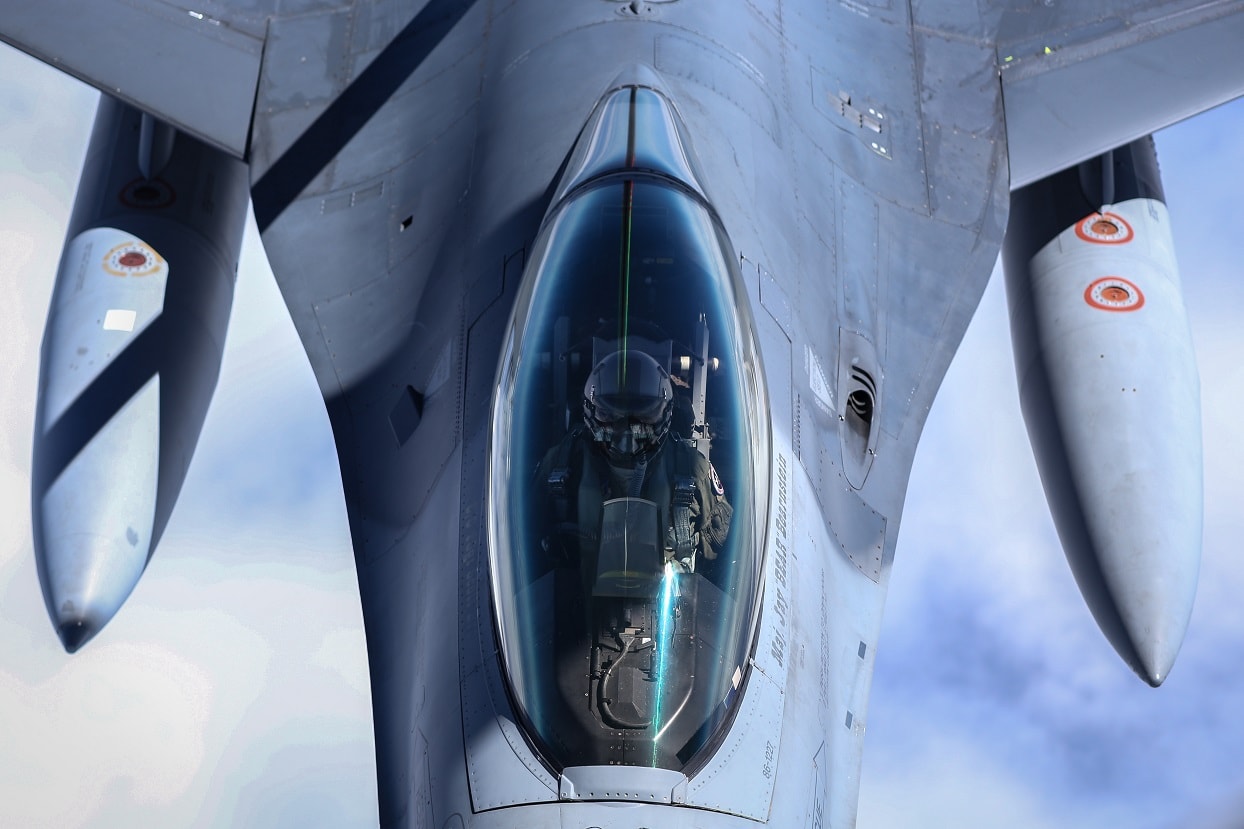“Greece and Turkey go to war.”
What would trigger such a headline? And what would a war between the two NATO allies look like?
Tensions between Greece and Turkey go back for hundreds of years in one of the world’s oldest rivalries.
As NATO members, both countries are strategically important to the U.S. The U.S. Air Force has nuclear weapons in Incirlik in Turkey, while the U.S. Navy and Air Force have a presence in several bases in Greece.
But under President Erdogan, Turkey has been bullying its neighbors and disregarding international law and conventions to advance its goals. Last year, the two countries almost went to war when Turkey threatened to conduct oil and natural gas surveys within Greece’s exclusive economic zone. Cooler heads prevailed, and a war was avoided. But what about next time?
A War. But Why?
A conflict between Greece and Turkey could spark in several different—intentional and accidental—ways. The two countries could go to war over an islet dispute—of which there are hundreds in the Aegean Sea, which borders the two countries—after an escalation following an air or naval accident—there have been several over the years—or in an attempt to placate domestic unrest—in the case of Turkey.
It’s important to note that in all of the above scenarios, Turkey would be the aggressor. Contrary to Ankara, Athens has no revisionist or expansionist aspirations. Greece doesn’t weaponize illegal immigrants to pressure Turkey into concessions. Greece doesn’t violate Turkey’s air space with armed fighter jets multiple times a day. Greece doesn’t send survey ships, accompanied by warships, in the exclusive economic zones of other countries.
Ruling a country with approximately 83 million people and a gross domestic product of close to $800 billion, Erdogan sees Greece, which has a population of 10 million and about $210 billion GDP, as a small nuisance. But a nuisance that is standing between Ankara’s ambition to expand its influence in the Mediterranean, Middle East, and Africa.
With the Turkish economy in a free fall without a parachute, Erdogan might try to appease domestic displeasure and unrest with foreign adventures. With his numbers falling, Erdogan might try to do something before the 2023 elections.
We’re Going to War
A war between the two countries would probably be a very short one. External pressure from the U.S. and European Union wouldn’t allow for extended hostilities. Thus a conflict would likely last anywhere between a couple of days to a few weeks.
The shorter the war, the more focused first on the air and then at the maritime domains it will be. Meanwhile, a ground war is less likely in a short war as it would require the commitment of large forces.
War Between Greece and Turkey: The Air Component
Both countries will first try to achieve air superiority. Whoever manages to dominate the skies will have an undisputed advantage over the other.
Turkey has 251 fighter jets, mostly variants of the F-16 and some F-4 Phantoms, while Greece has a fleet of 233 fighters, which is more diverse and includes the newly acquired F3R Rafale, F-16, F-4s, and Mirage 2000-5Mk2.
Following the failed 2016 coup d’état attempt, the Turkish military has been considerably weakened. The Turkish Air Force has been hit the hardest. Over 60 percent of its aviators and maintainers have been jailed or kicked out from the military. As a result, aircraft are not very well maintained, triggering a fall in operational preparedness.
Equally alarming is the future of the Turkish Air Force. If Ankara isn’t able to bypass Congress and the reservations of the Biden administration and upgrade its fighter fleet, by 2035, it would have become obsolete and easy prey for the Hellenic Air Force, which ranks among the best in NATO is already upgrading its fleet.
War Between Greece and Turkey: The Sea Battles?
In the seas, Turkey has more ships, but Greece seems to have better sailors. Last year when the two countries went to the brink of war, a Greek frigate rammed a Turkish after the latter tried to intimidate the Greek warship. Further, the Greeks were constantly tracking Turkish submarines, while the Turks had no idea where the Greek subs were.
Special Operations
But special operations forces will also play a big part. Both countries have invested a lot in their commando forces, and their respective military leaderships understand the value of special operations in a conflict.
During the Imia crisis of 1996, when the two countries almost went to war, Greek and Turkish Navy SEALs almost clashed on a Greek islet that Turkey disputed. Since then, the two countries—and Greece particularly—have doubled down on their commando units.
Cyprus
A conflict between Greece and Turkey could also spill over—or indeed start from—Cyprus. Since the Turkish invasion in 1974, Cyprus has been divided. A war could offer Greek Cypriots the excuse to unify the island by force.
1945’s New Defense and National Security Columnist, Stavros Atlamazoglou is a defense journalist specializing in special operations, a Hellenic Army veteran (national service with the 575th Marine Battalion and Army HQ), and a Johns Hopkins University graduate.

